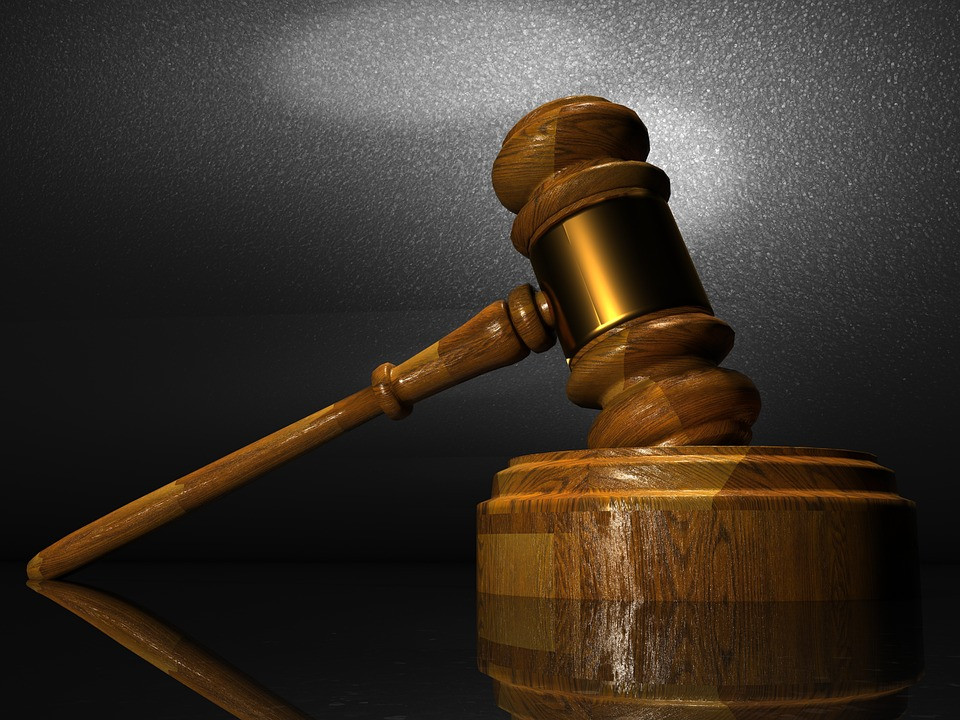Q: We had a theft at our club and no one knows who did it, but we have our suspicions. I have taken notes of the phone calls and meetings so far. I asked an attorney what I should do to best protect myself and he said, “Create a record, confirm things in writing, and get a police report on file.” He kept saying “create a record.” Do you agree?
C.S., Hawthorne
A: The word “create” might better be replaced by the word “make” or the word “establish,” as in, make a record or establish a record. You indicate a theft has occurred (so, an apparent crime), and that you have taken notes. But if a claim arose, or somehow you were faulted, even in part, the notes you have written may appear to be self-serving. Also, how do you prove when you wrote down the notes?
If you met with people, you can send a writing (an email, for example) that confirms the discussion. You can conclude with: “If you believe that I left something out here, or did not report things accurately, let me know.” That can help to “make a record.”
A police report is part of making a record. Theft occurred, and thus you brought it to the attention of law enforcement. Bottom line, take steps that demonstrate you tried to find out who is involved with the theft, how it occurred, and that you had nothing to do with it. The record of your written communications, and the actions you took, may in time be valuable in protecting you, let alone possibly resulting in claims against those involved, or who should be held accountable.
Q: We are making an offer to buy a house. There are some provisions that we have to initial, and one clause (waiver of jury trial) is in large print. We are to initial those, even though we sign at the end of the offer. Isn’t that overkill?
H.A., Palos Verdes Peninsula
A: Some provisions are of a nature that initialing them is an added precaution — both for you, emphasizing to you that you should be careful to read, understand and agree (or that you do not…
Read the full article here







